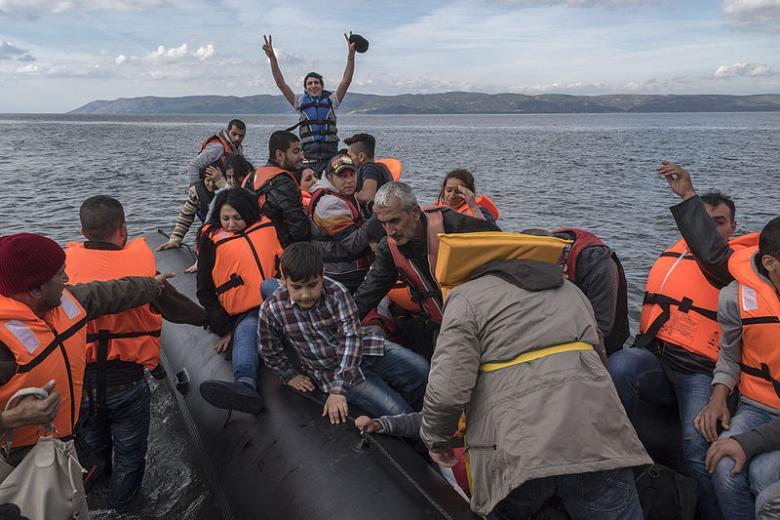Responding to the ‘crisis’: building fences or cooperating with non-EU countries?
This year we have witnessed an extraordinary and tragic series of events. Hundreds of thousands of migrants have tried to cross the Mediterranean to reach Europe. The UN estimates that over 2,500 people have lost their lives in the process. In the last few weeks, the focus has shifted to the EU’s land borders, with migrants moving from Greece up to Serbia, then crossing into Hungary to travel onwards to Austria, Germany, and other EU countries. EU member states have responded in a number of ways: through border control (Hungary erecting a fence at its border to keep people out), transport policy (Denmark halting international train transport to Germany), or administrative actions (Germany no longer applying the ‘Dublin regulation’ on registration of refugees to Syrians).
The European Commission has been restating an argument it has made for several years: in order to manage migration flows, the EU needs to cooperate with non-EU countries on migration issues. Certainly these countries have an important role in the current ‘crisis’: countries such as Serbia and Macedonia try to police land borders to EU countries, and in Libya networks of smugglers exploit the lawlessness to launch boats bound for Europe.
However, NGOs and international organisations have voiced concern over the inhumane treatment that migrants face in some countries. Moroccan police are accused of destroying camps and rounding up and beating migrants; and migrants who have passed through Libya tell stories of being subjected to horrific violence and torture there. The current ‘crisis’ shows no signs of diminishing, but European leaders are keen to point out that the events of the last weeks are an exception; indeed, Angela Merkel, who has been praised for allowing migrants to travel to Germany, has already warned that those with no valid claim to refugee status will be deported.
The danger is that, as the situation progresses, EU countries become so desperate to ‘get rid’ of these migrants that they will deport them to any cooperative non-EU country, regardless of the conditions there. As the EU continues to create its response to these migratory flows over the next days and weeks, it is of the utmost importance that it only cooperates with countries that can guarantee respect for migrants’ human rights.
-
Extraterritorial human rights obligations to protect refugees
It took quite a while before the European countries realized and recognized that the influx from asylum-seekers via the Mediterranean Sea and Turkey into the European Union is not just a matter of controlling the outside borders of the Union, but also a humanitarian and human rights issue. Some...
